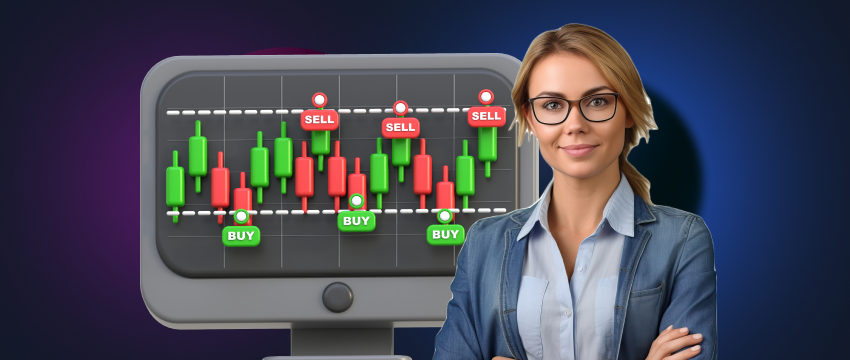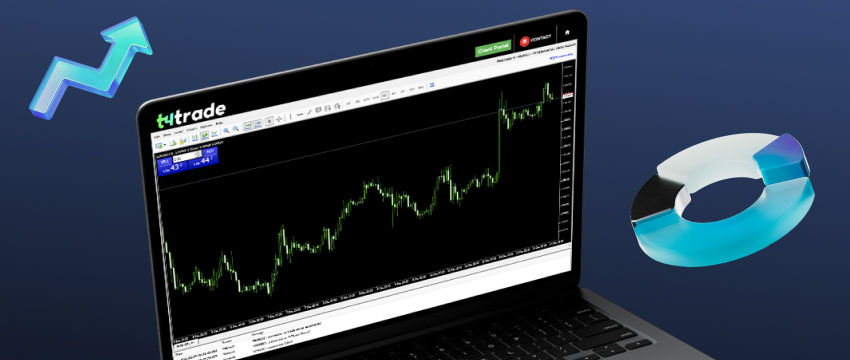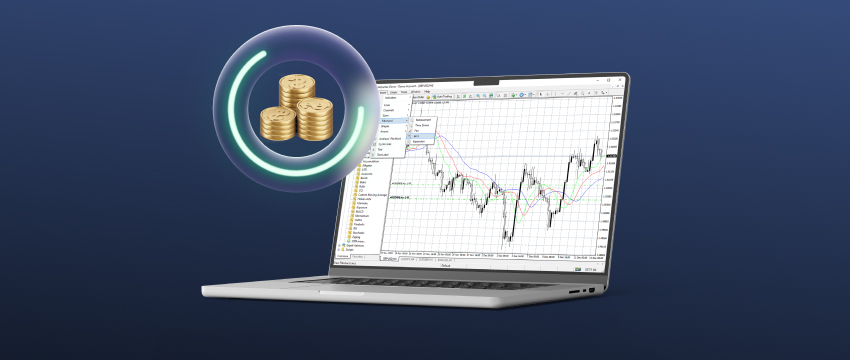Traders have many ways to trade in the pasaran kewangan, including events trading. The strategy you choose depends on your expertise and the time you can commit to trading.
It also depends on understanding the factors driving price fluctuations, such as global economic events, market sentiment, and asset volatility.
For traders, recognizing how these elements influence the market is crucial to developing a successful trading approach.
In this blog, we’ll focus on traders who enter or exit positions based on events that impact asset prices. This includes currency pairs, commodities, stocks, indices, futures, etc.
Otherwise known as events traders, these individuals will attempt to predict how the market will respond to certain events. The goal is to profit from market movements, specifically price fluctuations caused by those events.
Events can include anything from announcements by central banks to rising inflation or interest rates.
Furthermore, factors like employment statistics, investor confidence, geopolitical unrest, as well as environmental disasters play a role.
An event trader’s main task is to monitor the news and predict how events will impact the market and their positions.

Stay Updated with the News for Event Trading
For an event trader, data is essential for making informed decisions. Information comes from various sources including news media, economic calendars, community forums, etc.
An events trader must possess a strong ability to evaluate this information and understand its potential effects on trades. So, what exactly do traders monitor? What are those events that likely will have the biggest influence on asset prices?
Laporan pendapatan:
- Typically released quarterly or annually, they provide crucial insights into the financial performance of publicly traded corporations.
- Earnings reports can cause significant fluctuations in a company’s stock price, depending on whether the results are favorable or not.
- In fact, other stocks within the same industry may also be impacted. The event trader speculates on stock movements based on the earnings report to leverage potential market reactions.
Kadar faedah:
- Changes to interest rates have repercussions on borrowing rates, consumer spend, and inflation. These subsequently have a knock on effect on the value of saham, forex, and other assets.
- Traders will thus closely monitor interest rate announcements by the US Federal Reserve and European Central Bank, to prepare to react to anticipated market movements resulting from these changes.
Economic indicators:
- These are indicators that affect currency values significantly. They also have an impact on interest rates and general market and investor sentiment.
- These include Gross Domestic Profit (GDP), inflation rates, unemployment rates, Consumer Price Index, consumer confidence, US nonfarm payrolls, retail sales, housing indicators, and so forth.
- With this data in hand, a fundamental investor will speculate its impact on particular sectors or assets, and tailor their investment strategy accordingly.
Political unrest:
- Elections, war, natural disasters, pandemics, etc – all have the power to introduce unpredictability into pasaran kewangan, increasing volatility, and causing prices to aggressively rise or fall.
- Events traders must stay alert, monitoring the news and anticipating potential trading opportunities as these events arise.

Key Attributes of Events Trading
Events trading is a popular approach that appeals to traders of all levels, even beginners.
Traders largely benefit from the predictability it offers, as they can anticipate many events scheduled in advance, such as central bank announcements, earnings reports, and more.
This enables a trader to use an Economic Calendar for instance to monitor key events and plan their trades accordingly.
Furthermore, traders can choose to monitor specific events that are likely to have the most impact on specific assets.
In this way, rather than analyse massive amounts of data, traders can whittle it down to data that best aligns with their chosen portfolio.
But what skills should an events trader possess?
What are the most important activities they are required to undertake?
Strong analytical skills
- An events trader is someone who has strong analytical skills to be able to predict market reactions and the consequences thereof on asset prices.
Monitoring global news and events
- An events trader is also a person who understands the importance of constantly monitoring global news and events.
- They’ll utilise tools like Economic Calendars or Google alerts to stay informed.
Technical analysis
- The ability to use analisis teknikal is another critical skill an events trader must have. This is essential to be able to identify appropriate entry and exit points in time, to leverage price fluctuations.
Effective risk management strategies
- An events trader is mindful of the fact that unanticipated events bring with them significant risk in the pasaran kewangan, enough to result in massive losses if not properly planned for.
- For this reason, an events investor will implement effective risk management strategies to mitigate the unexpected. This may include setting stop-loss or take-profit orders, position sizing (the amount of money invested in a single investment), portfolio diversification, etc.
Adapting to uncertainty
- In addition to having the ability to foresee potential implications of upcoming events, an events trader must also be able to adapt to unforeseen circumstances or outcomes and make changes where necessary
Emotional Control in Events Trading
- While events trading is a strategy that can be planned for to some degree, as already mentioned, there are instances where events can occur completely unexpectedly.
- An events trader must therefore be quick thinking, with the mental resilience to react in a manner that is calculated rather than emotionally driven.
- Having a good handle over one’s feelings is central to any trading approach, even one where planning is possible. Therefore, ensure trading decisions are made based on objective data, rather than driven by emotions.
Research and Data in Events Trading
- An events trader is also an individual who researches as much as they can about each event, analysing past data and future forecasts, to build up a historical reference point.
- This data then goes on to act as a benchmark against which current events can be compared and acted upon.
Essential learning dan signing up for a demo trading account
Regardless of how experienced you are as a trader, engaging in some form of ongoing learning is key to staying informed.
This can be achieved in many ways, be it reading blogs, books or e-guides, watching videos, participating in webinars, seminars or exhibitions, listening to podcasts, etc.
Some of the best, most credible sources of trading related learning material are likely to come from your CFD broker. Most reputable brokers will provide their traders with access to a comprehensive range of educational tools to help them become better skilled.
Another great way to boost your capabilities are signing up for a demo trading account and putting your events trading strategies to the test. A demo account offers a simulated trading environment in which you can open and close trades using virtual funds.

Events Trading with T4Trade
T4Trade is a popular global broker with clients worldwide. The forex broker offers top-tier, 24/5 multilingual customer support, cutting-edge trading platforms, and flexible trading conditions.
T4Trade is also a great go-to resource for traders looking to learn more about forex trading in a user-friendly way.
A variety of videos, podcasts, eBooks, webinars, and videos-on-demand are curated by in-house specialists, catering to all types of traders.
T4Trade traders can also choose from a wide range of trading instruments across 6 asset classes, and enjoy flexible leverage, competitive spreads, fast trade execution and seamless deposit and withdrawal options.
Traders can also choose from multiple trading accounts that best suit their needs and individual preferences.
Penafian: This material is for general informational and educational purposes only and should not be considered investment advice or an investment recommendation. T4Trade is not responsible for any data provided by third parties referenced or hyperlinked in this communication.




